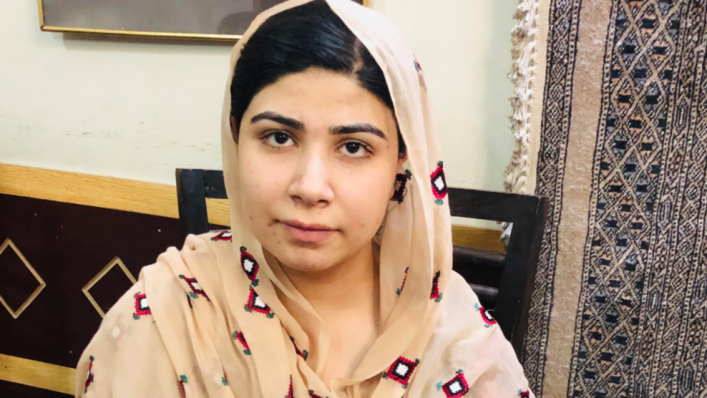Amnesty International activist, Pashtana, shares her personal mental health diagnoses and discusses how mental illness is perceived in Afghanistan, why talking about burnout is so important, the harm of gendered mental health stereotypes, and more.
Sep 04, 11:00 AM EDT
Pashtana On Burnout, Mental Health Stigma in Afghanistan & More

About Staying Resilient While Trying to Save the World
People who fight for human rights are some of the most passionate people on the planet. They care deeply about others, the Earth itself, and the importance of creating a more just world.
But there’s darkness to activism as well. While trying to make the world better, you see the worst of it — violence, hate, disrespect and disregard. It can make you question what you’re doing and wonder... What’s the point? It can also seriously impact your mental health. Stress, burnout, trauma, depression, anxiety and other forms of mental strain are common challenges faced by activists of the past and present. And while being under pressure is not always a bad thing, in the long-term, it can negatively affect a person's overall physical and emotional health. Which in turn, makes their fight for change harder and hard.
That's why we've teamed up with Amnesty International for an ongoing series about activism and mental health. We'll be chatting with Amnesty youth activists from around the world about their personal experiences advocating for change, and how these experiences have impacted their emotional wellbeing. Together we'll shed light on the kinds of challenges today's change-makers face, and hope to uncover potential solutions along the way.
Support our work
We’re on a mission to change how the world perceives mental health.



















